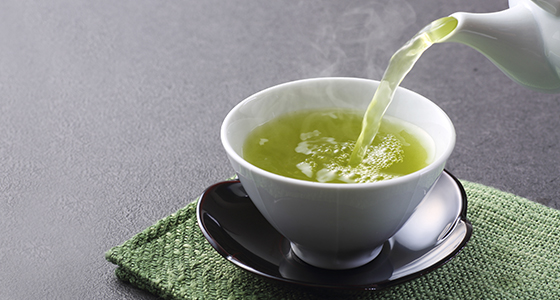May is Asian American and Pacific Islander Heritage Month and we’re celebrating with a little history and a few fun ideas of how you can honor this special month!
So what cultures fall under Asian American and Pacific Islander (AAPI)? The term covers a huge and diverse range of cultures. In fact, there are more than 50 countries within Asia and the Pacific Islands and an abundance of ethnicities within those borders. In the United States alone, there are approximately 22.6 million Asian Americans and 1.6 million Pacific Islanders, according to 2018’s census data.
Asian American and Pacific Islander Heritage Month goes all the way back to 1978, when the U.S. declared a 10-day observance of the groups. The dates May 1 through 10 were chosen in honor of two milestones: May 7, 1843, the arrival of the first Japanese immigrants in the United States, and May 10, 1869, the completion of the transcontinental railroad, which Chinese workers were instrumental in building. Fourteen years later, it became the month-long celebration that we now know and love.










